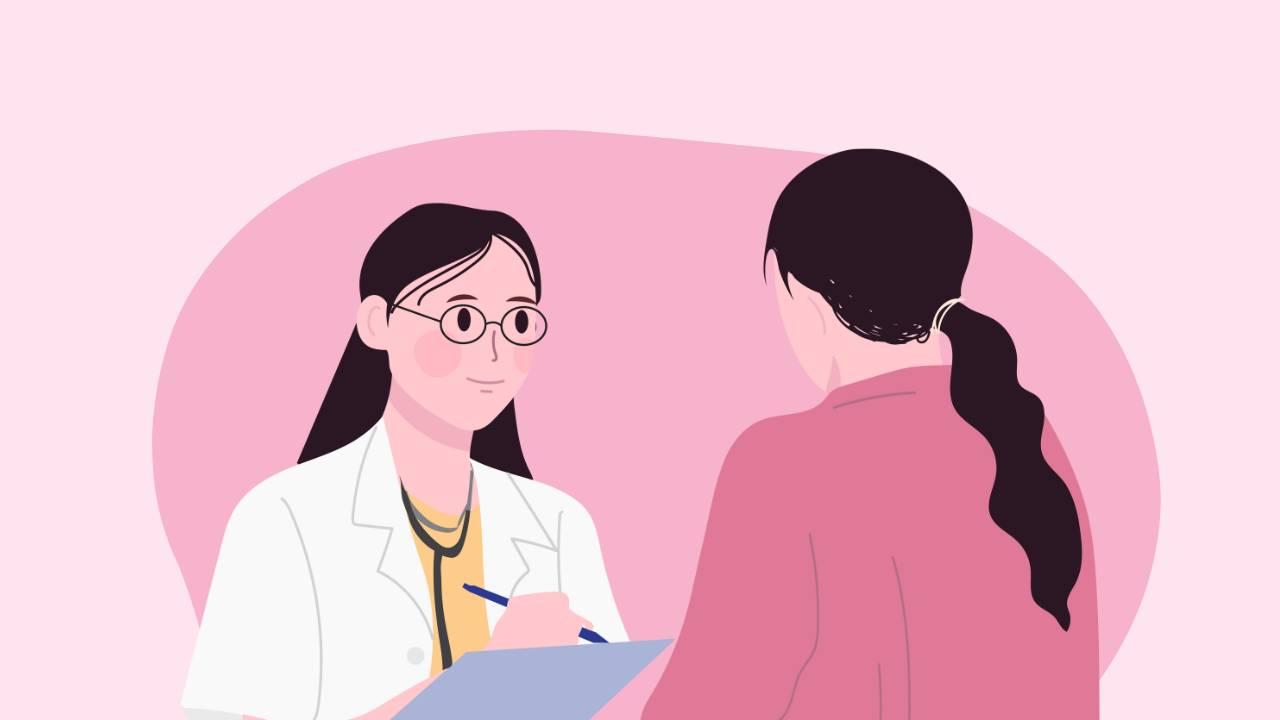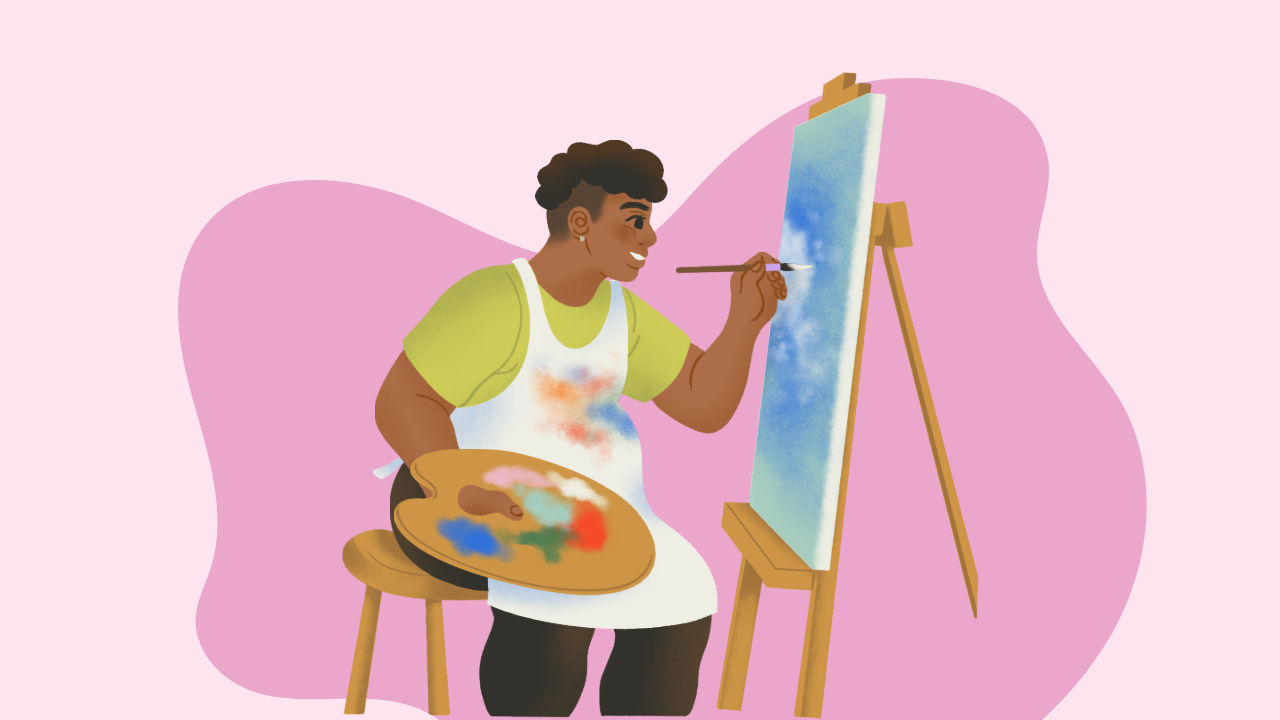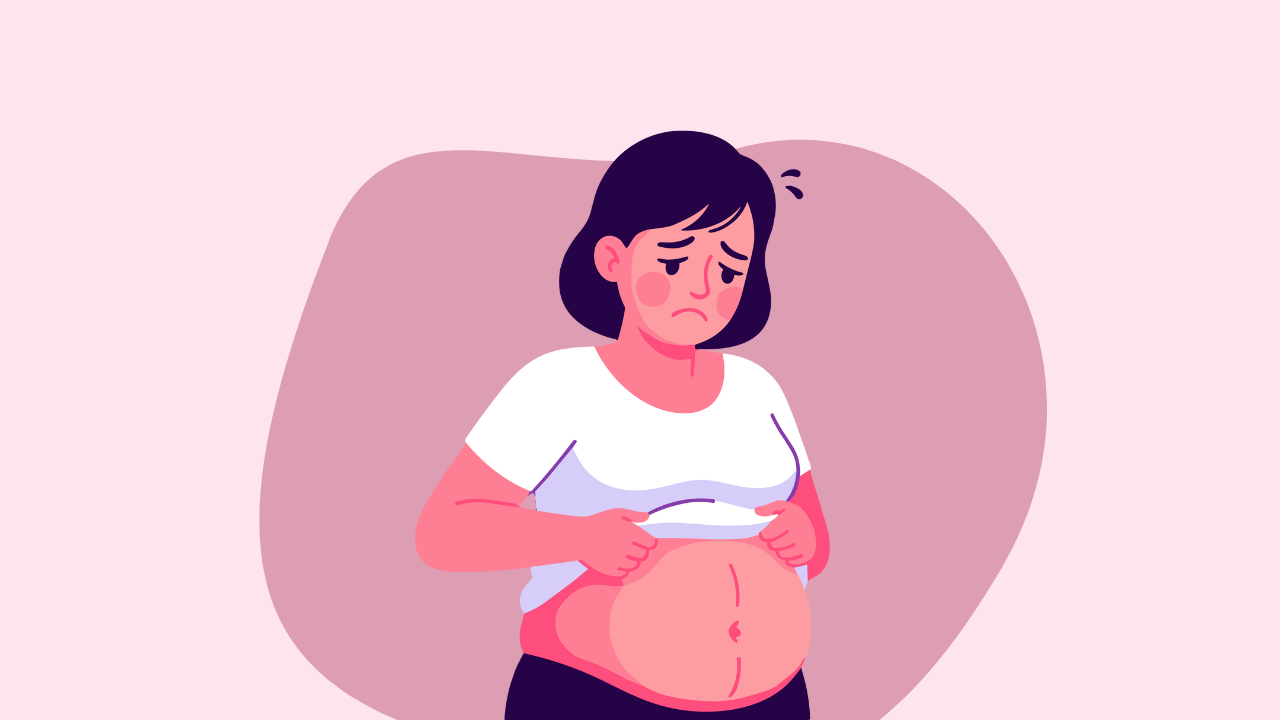Build the Habit Before You Need the Help

If you’ve ever ignored a weird twinge in your chest or brushed off a lump because you didn’t have time for it, you’re not alone. Most young women aren’t thinking about breast cancer. It feels distant, like something that happens to your mom, your aunt or someone in a different stage of life.
So if the idea of checking your breasts makes you pause because you’re scared, unsure or not even certain what you’d be looking for, that’s valid. No one prepares you for the mental weight of what if.
But here’s the thing. Taking action sooner doesn’t make anything worse. It gives you space to figure things out. When you notice a change and bring it up with your doctor, you’re staying in the driver’s seat. You’re not reacting to a crisis. You’re maintaining a relationship with a care team who knows your history and can move quickly if something needs attention.
According to the CDC, the sooner breast concerns are addressed, the more flexibility people tend to have in choosing a treatment path. That could mean fewer interventions, shorter recovery times or less disruption to your life. According to Dr. Lisa Newman in a story from Essence, “When patients are involved early in the process, they’re more likely to have options that fit their goals, their values and their lives.”
This is also how you build confidence in your care. Showing up to appointments, asking questions, keeping track of what feels normal and what doesn’t — all of that matters. It builds trust, not just in your provider, but in yourself.
And if it turns out to be nothing, you haven’t wasted time. You’ve taken care of yourself. You’ve quieted the spiral. You’ve stayed connected.
You don’t have to obsess over your breast health. You don’t have to be perfect. But you do deserve to feel informed, supported and in control. Start by doing the small things. Stay consistent. Speak up when something feels off.
That’s not overreacting. That’s being your own advocate.







